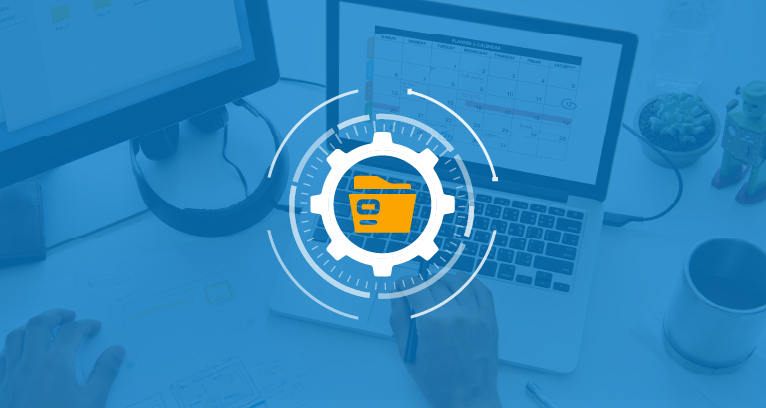Why grocers should care about understanding cannibalization & halo effects when planning promotions
When managing promotions, the primary end goal of grocers is to drive an increase in ROI. Though there are many tactics on how to achieve this goal, there are a few important secondary metrics that should not be overlooked. Two of those are cannibalization and halo effects. Advanced analytics and machine learning have created new opportunities for grocers to account for impacts that would have previously been ignored. Cognira has partnered with Kennesaw State University (KSU) in developing a halo/affinity effect model to allow for inclusion in broader forecasting methodologies.
Though you may have heard about cannibalization and halo effects, you may be wondering what they mean? Why are they a powerful tool for grocers? Throughout this article, learn more about cannibalization and halo effects, and why they are important for retailers when planning promotions.
What is cannibalization & halo effects?
Before we dig into the value of cannibalization and halo effects, it’s important to first understand what they mean.
Cannibalization effects
Cannibalization is when a customer trades between similar products. This can be driven by many factors like the introduction of a new product, promotional incentivization, better product placement, etc.
For example, a new flavor of yogurt is introduced, and the store notices record sales for this particular product. The grocer now needs to figure out if the new flavor is bringing in new customers or if it is simply eating away the sale of other existing flavors of yogurt.
Halo effects
A halo effect is when a product causes a consumer to purchase another product.
For example, consumers may purchase the following items together: wine with cheese, hotdog with hotdog buns.
In order to determine if it is a halo effect, the grocer needs to make a distinction between causal and correlative relationships. Yes, Apples and Bananas are often bought together but is it because they incentivize the sale of one another or is it because people who buy apples are more likely to buy bananas because of their shopping patterns?
Benefits of utilizing cannibalization & halo effects when planning promotions
Imagine having the opportunity to pinpoint exactly why a consumer purchases a new product over their typical product, or why one product influenced a consumer to buy another product.
By understanding cannibalization and halo effects, grocers can do just that! But the benefits don’t just stop there. Here are a few advantages grocers should know about:
Cannibalization effects
Better product performance analytics – When new products are released, or promotions are run, there is clear visibility into whether they’re bringing in extra revenue, or just eating away from existing products
Accurate promotion effectiveness – Grocers know the true performance of a promotion
Halo effects
Effective inventory management – Grocers are able to accurately project promotional impact across products and project inventory needs accordingly
Accurate promotion effectiveness – Grocers know the true performance of a promotion
Why detecting cannibalization & halo effects is difficult
Though the benefits above sound like a no-brainer it is not as simple as you may think to accurately detect cannibalization and halo effects.
We recognize that there is a two-part problem:
1. How do you accurately identify pairs/groups of products that share this relationship
It can be difficult to identify a relationship, especially when deciding on the aggregation level – Do we do the analysis at a SKU to SKU level (i.e. 6-inch wheat hotdog buns vs turkey sausage) or at an aggregated level (i.e. hotdog vs hotdog buns).
2. How do you determine how strong the signal is?
If you know that wine and cheese, for example, share a halo relationship, you need to identify the strength of that relationship. For every extra unit of wine sold on promotion, how many units of cheese is being sold? You need to know this if you want to manage your inventory in preparation for a promotion.
While the two-part problem is near-impossible to solve manually, advanced analytics can help in collecting effective and accurate data. The grocery and retail industries are meaningfully different than they were 10 years ago but technology has kept pace and offers brands the opportunity to evolve their business with their industries.

